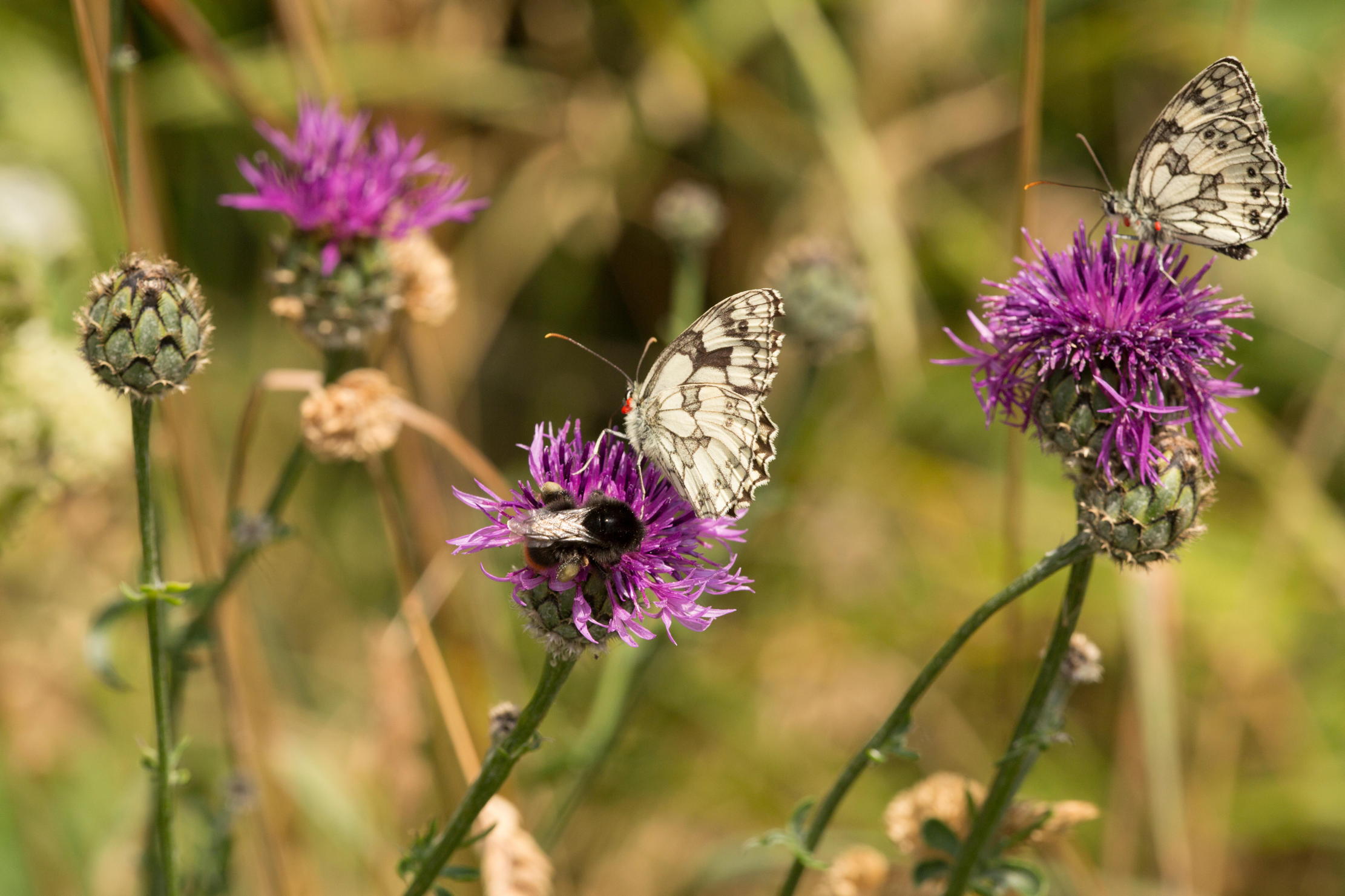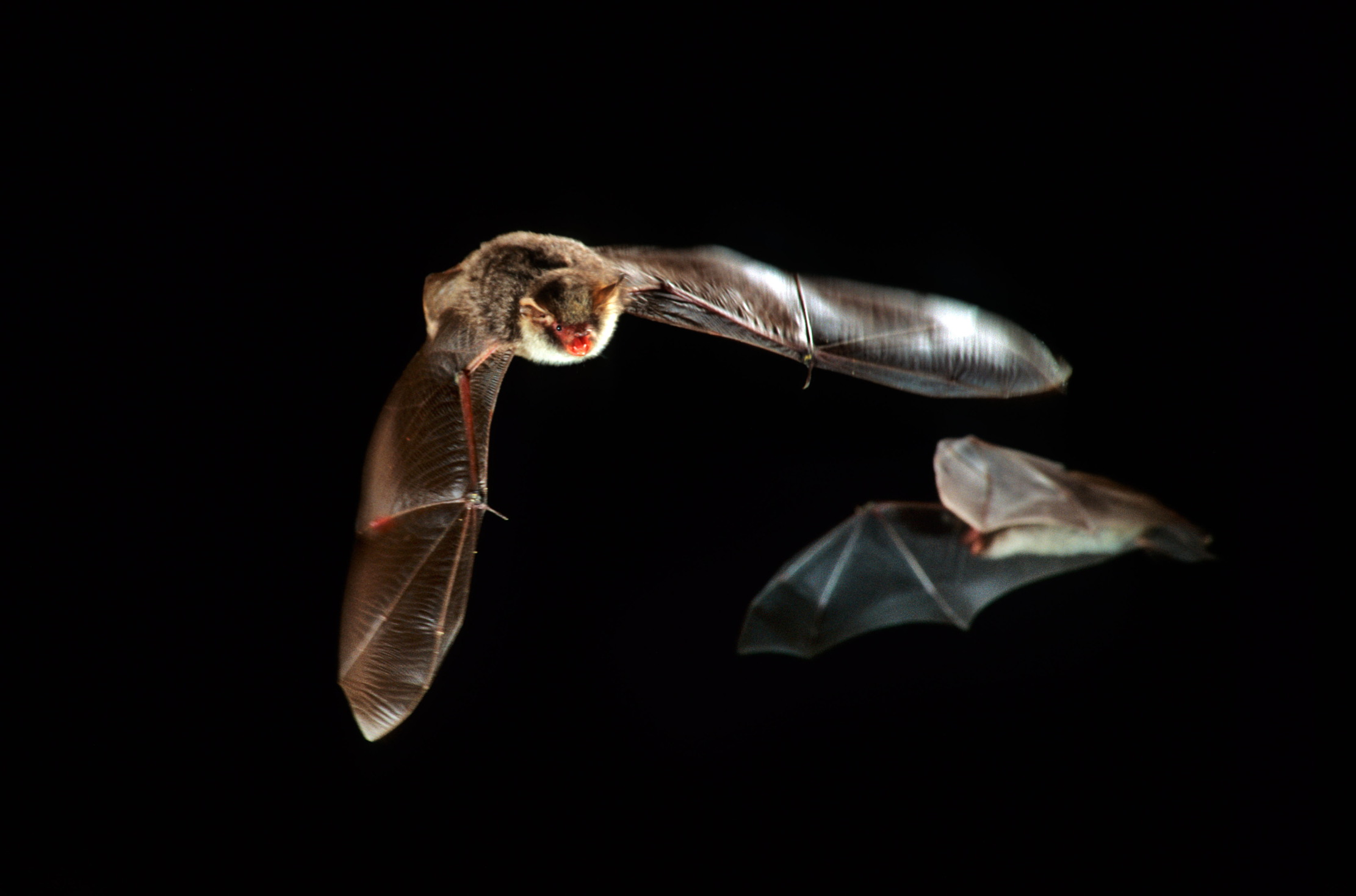Insectageddon delayed for another year at least, as warm and wet spring leads to bumper crop of bugs
A warm and wet spring has provided the perfect conditions for our insects, which is even better news for the bats and birds.


The ‘insectageddon’ foretold by some conservationists may be on hold: 2025 is turning out to be a remarkable year for insects.
Ladybird numbers were so great at Lord’s Cricket Ground during England’s recent Test match against India that play had to be paused and there are anecdotal reports of insects splattering car windscreens in Scotland for the first time in years. Dr Francis Buner, an ornithologist and the head of wildlife recovery at the Game & Wildlife Conservation Trust (GWCT), explains that insects do well when it’s warm and humid: ‘Despite not having much rain lately, the spring was warm and quite wet, which seemed to help insects emerge.’
Jake Fiennes, head of conservation at the Holkham estate in Norfolk and a former gamekeeper, reports that he has seen a far greater abundance of insect numbers this summer than for some years. The most obvious indicator, he points out, are butterfly numbers. He is currently seeing second broods of common blue butterflies and good numbers of meadow browns ‘on the wing’, plus there were reports of large numbers of aphids in June. ‘I was walking in a meadow this week past and it was absolutely humming with life. You simply have to close your eyes and listen. My grown up children had never heard anything like it before.’

Lots of bugs means lots of happy bats.
'Headlines about Nature seem to always be negative, but a good-news story like this could get the public more onside'
The knock-on effect of this rise in insect numbers is that birds have a lot more to eat. There are reports of healthy grouse broods in the north of England and Scotland and gamekeepers are seeing wild pheasant poults doing well. The results of the GWCT Big Farmland Bird Count, confirmed earlier this month, recorded 358,913 birds representing 125 species, 26 of which are red listed, spotted by 1,369 farmers.
Ecologist Amy Green says that in Wales, young bats seem to be fledging from their roosts much earlier. ‘The amount of insects around has probably made this year an easy one for bat mothers,’ she explains. ‘They may not have had to fly as far away from the roost to feed and there is more food available.’ This, she says, means plenty of high-quality milk for bat pups.
Mr Fiennes expressed sadness that the extraordinary abundance of insects hasn’t been celebrated in the press. ‘Headlines about Nature seem to always be negative, but a good-news story like this could get the public more onside.’
Exquisite houses, the beauty of Nature, and how to get the most from your life, straight to your inbox.
Patrick Galbraith is an author, journalist, former editor of Shooting Times, and a regular contributor to Country Life.
